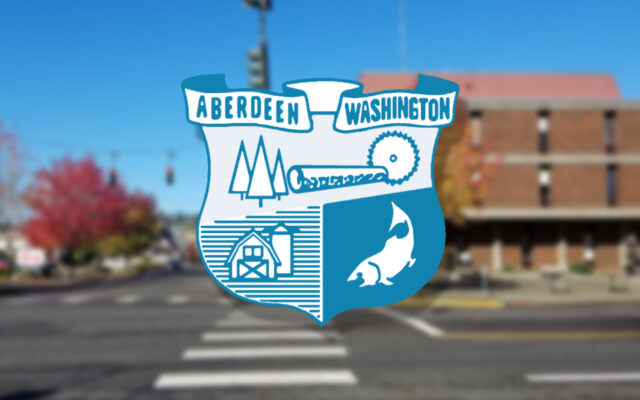Quinault Indian Nation sues video game maker Valve

-Originally Posted April 17, 2019-
The Quinault Indian Nation (QIN) has filed a lawsuit against a video game company for illegal gambling.
In a filing with Grays Harbor Superior Court, the Quinault Indian Nation has filed a lawsuit for damages against Valve Corporation, the creators of the video game Counter-Strike and the software distribution platform Steam, saying that the company is conducting online gambling and is in violation with the Consumer Protection Act.
In the documents obtained by KXRO, QIN states that the Bellevue, WA based company began selling “Skins” online beginning in 2013 for their games, which were “sold for and exchanged for real money and property”.
QIN states in the lawsuit that the “Skins became the primary currency used by illegal, unregulated, and unlicensed online gambling websites, and Valve profited handsomely from the use of its virtual items for online gambling.”
They say that Valve sold users a “key” to obtain the items for $2.50, which was the only way that gamers could open crates and win virtual items, operating similar to an online slot machine, providing video evidence of this practice.
Video reference provided in court filing;
“When players open the cases, the value of the Skins inside could be less or more than $2.50, making the mere opening of cases a form of gambling.” says QIN.
QIN adds that the odds for receiving a more valuable item are deceiving and Valve does not disclose this, and this is an unfair advantage over regulated gaming.
“People buy skins for cash, then use the skins to place online bets on pro CS:GO matches. Because there’s a liquid market to convert each gun or knife back into cash, laying a bet in skins is essentially the same as betting with real money.”
As part of the lawsuit, QIN points to the Steam platform, operated by Valve, saying that Skin gambling sites have space on the platform without being run by Valve, which facilitates the gambling.
The lawsuit states that from August 2013 to July 2016, when Skins gambling began “and before Valve took its first, incomplete and ineffective steps to address Skins gambling” the company had knowledge that accounts were using the items for gambling transactions and did not take action.
“Valve has always had the ability to modify, regulate, begin, and end the Skins market and gambling as it saw fit.” according to QIN.
QIN says that Valve’s actions “violate Washington law and harmed the Nation, providing Quinault Nation standing to bring the causes of action” against them, saying later in the document that this is “unfair competition” with legal business.
“By providing Washington residents with an illegal, online form of gambling, Valve offers unlawful alternatives to gambling at the lawful and highly regulated Quinault Casino, which takes away revenue from both Quinault and local governments.”
They state that Valve is aware of the gambling aspect of the Skins, even saying in an official announcement that the inclusion of Skins would let players “experience all the illicit thrills of black market weapons trafficking without any of the hanging around in darkened warehouses getting knifed to death.“ and allows players “collect, buy, sell and trade over 100 all-new decorated weapons”.

“The creation of Skins was a deliberate attempt by Valve to increase its sales and profits by adding an element of gambling and market economies to its products” according to the lawsuit.
The lawsuit also alleges that consumers have brought class action lawsuits against Valve, but because the cases were brought by teenagers this led to arbitration.
“After these arbitrations, with limited discovery, the consumers were told that, because they, as teenagers, knowingly gambled online illegally with Skins, they could not recover their losses.
These arbitrators ruled that Skins were a thing of value in that what the users were doing was gambling and was illegal, and therefore the teenagers could not recover as a matter of law.”
QIN states that Valve is holding an unfair advantage since they are subject to costs, expenses, and efforts to comply with gaming law and regulation. They state that Since 2013, WIN has paid $1,219,863 to the State of Washington in regulatory fees and over $382,000 to local governments in the form of Impact Mitigation Funds.
The Quinault Indian Nation gained rights to operate a gaming casino under a compact between the State of Washington in 1996.
The lawsuit states that “Quinault is suffering from ongoing harm and faces risk of irreparable harm if Valve continues to engage in the conduct it has engaged in and refuses to take steps it can take to shut down gambling.”
QIN is seeking “immediate injunctive and equitable relief” to force Valve to stop offering “the crate opening online slot machine game” and stop offering it until the Washington Gaming Commission can determine if it requires a license, to suspend or eliminate one-way trades of Skins, and to take steps “to prevent ongoing harm to Quinault and the citizens of Washington from illegal online gambling.”
Quinault Nation v Valve Corporation
You Might Also Like



